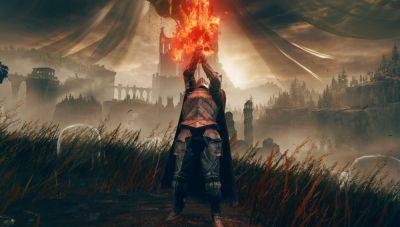Oof: Suicide Squad: Kill the Justice League lost Warner Bros. $200 million—which is $25 million more than the original 2016 movie cost to make
Suicide Squad: Kill the Justice League, despite having some bright spots, is nevertheless a complete disaster for Warner Bros. Entertainment. The live-service disappointment has led to the company, uh, growing more focused on live service and free-to-play games for some reason. Though more notably its existing properties and games, such as Hogwarts Legacy—which the majority of Suicide Squad's team has reportedly been shunted onto.
The staggering loss was, according to a Bloomberg report, put into perspective during an earnings call in May, where Warner Bros. «revealed it was taking a $200 million loss on Suicide Squad».
For context, the original 2016 Suicide Squad movie—the bad one—cost $175 million dollars to make—that is, before you factor in various advertising costs. Despite being a critical failure by most metrics, the filmstill managed to take off at the box office to the tune ofover $725 million worldwide. I've sympathy for Rocksteady, but that comparison's gotta sting.
Bloomberg's Jason Schreier also spoke to «nearly two dozen» developers who chose to remain anonymous—but who still, regardless, told a story of confusing zig-zags and U-turns that paint a messy picture of the game's development.
Initially Rocksteady had prototyped an «original multiplayer puzzle-solving game» called Stones—but in 2016, the project was sidelined in favour of Suicide Squad. They'd been part of the landscape for years but, circa 2016-2017, live service games were popping off. Destiny 2 and Fortnite: Battle Royale swept the world by storm less than a year after Rocksteady's sharp left, while MOBAs such as League of Legends and Dota 2 were already pulling in numbers.
The climate seemed auspicious and ripe for Rocksteady's take on a looter-shooter: «Rocksteady executives soon decided that, in keeping with their parent company’s newfound enthusiasm, Suicide Squad would become an online multiplayer game with live-service content.»
The report most notably calls out Rocksteady's







